I keep encountering moments with friends and colleagues when someone is struck suddenly with a very unhappy tummy, and is in need of quick digestive aid, for a little help when — oops! someone ate wheat bread and shouldn’t have, to help with gas troubles, some weird food combination that left a tummy churning, you name it. The digestive system is of course extremely important to our overall health and well-being, and when there is imbalance, one can even develop depression or anxiety troubles. But right now I am just going to address a group of herbs called carminatives. Essentially, a carminative is an herb that helps expel gas. So using a carminative is more of an acute treatment, though it can be part a long-term strategy to help with chronic digestive woes of any kind. Maybe that sounds icky, the thought that – gasp – your body might in fact have moments when gas is produced, but let’s face it, we all have “moments” and certainly our children too. At those times, carminatives can be of great assistance, and should always be in your herbal arsenal. I will list some wonderful carminatives to have on hand in the space below, but I also want to point out two ready-made tinctures (alcohol or glycerite extracts) that are fabulous for kids and/or adults.
1. Chamomile. Yes! it’s also a nervine, and therefore great for calming your nervous system, but this delicate apple-spiced tisane (water infusion) has a time-honored tradition of soothing the digestive system. It is especially frequently used for children with its mild, sweet taste, gentle action, and comforting aroma. Chamomile is easily incorporated into a regular routine for adults and children alike and one can include other tasty nervine-carminatives to this blend such as lavender.
2. Lemon Balm. Like many other mints, lemon balm contains a high quantity of volatile oils that work to ease digestive woes. Lemon Balm, with its bright, lemony fragrance, also helps lift the spirits, so if Seasonal Affective Disorder AND tummy complaints are your bane, this is a great herb for you. It is worth noting that fresh lemon balm works best for the nervous system support but dried will help with digestive woes just as well as the fresh herb.
3. Fennel. Known for its mild anise or licorice flavor, all parts of the fennel plant are edible and provide digestive relief. I often keep the seeds on hand with this purpose in mind, and as it is also a great galactagogue (helps promote milk flow in breast feeding women), this is a wonderful herb of choice for women who are pregnant, post-partum, or nursing and experiencing both tummy trouble and the desire to support their milk flow. IT also soothes colic (because of the digestive connection) and so it is great to impart to baby via breast milk or as a water-infusion via spoon or eye dropper.
4. Cinnamon / Cassia. Usually what we think of as cinnamon is actually cassia, a close cousin. True cinnamon is sweeter than cassia, which can have a notably hot taste. The volatile oils are what usually give carminatives their power and both cinnamon and cassia have them in spades, so both are useful for digestion. Cinnamon & cassia are also energetically warming and can work as a ‘catalyst’ to enable other herbs to work better, and to stimulate digestion when food choices have been energetically damp or someone is convalescing. It is worth noting that cinnamon has also shown quite a bit of promise for people with diabetes, as it appears to stimulate insulin activity, helping the body to process sugar more efficiently.
5. Peppermint. I can’t neglect the power of menthol, the source of peppermint’s unmistakeable flavor. Spearmint is a milder mint that can be used almost interchangeably with peppermint, but if you source good quality dried peppermint, you will be astounded by how intense the flavor is. Mint is very easy to grow and root. I actually picked some from my garden this January, as there was still some (amazingly!) hanging on, and rooted it in my kitchen where it is now happily growing in a sunny window. Peppermint is stimulating and can perk up the mind and the senses, making this a good herb to use to start your day, get your brain in gear, and forge on to new adventures.
Naturally I have many other carminative loves, but for now, I’ll just leave you with those top choices. I would also be remiss in not pointing out Herbalist & Alchemist’s Kid’s Tummy Relief, an absolutely wonderful glycerite formula that tastes delicious and can really help out a kid’s tummy in a pinch. Okay, I keep some in strategic places for myself too, but grown-ups deserve tasty too, right? Another must? Ginger extract (alcohol): I always always always keep a bottle of this in my office, my car, and my home, as it is essentially herbal first aid for myriad complaints.
Feel free to share some of your carminative loves and natural digestive aids!
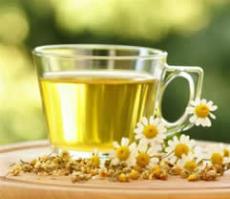
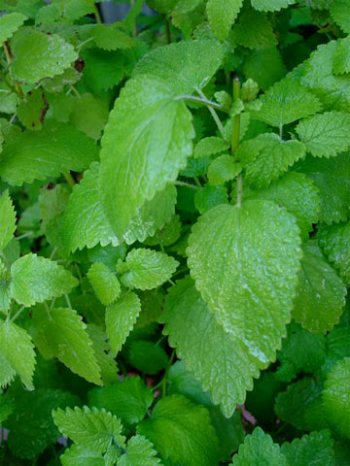
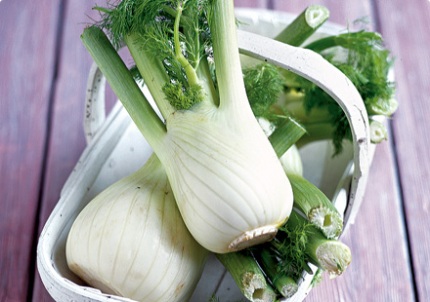
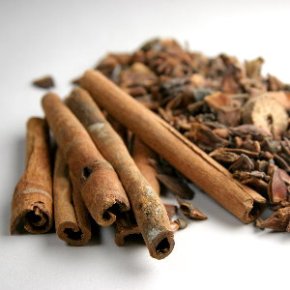
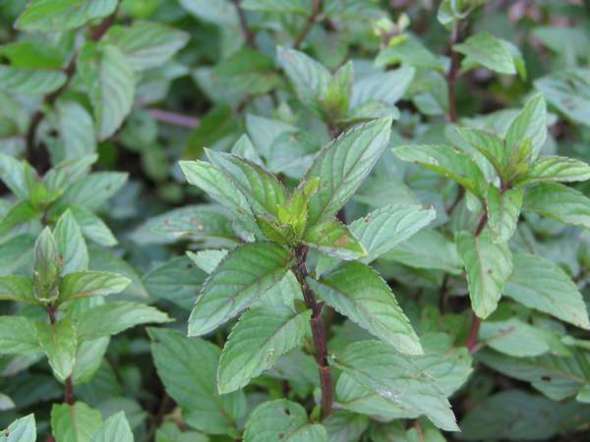



 Posted by lilithsapothecary
Posted by lilithsapothecary 


